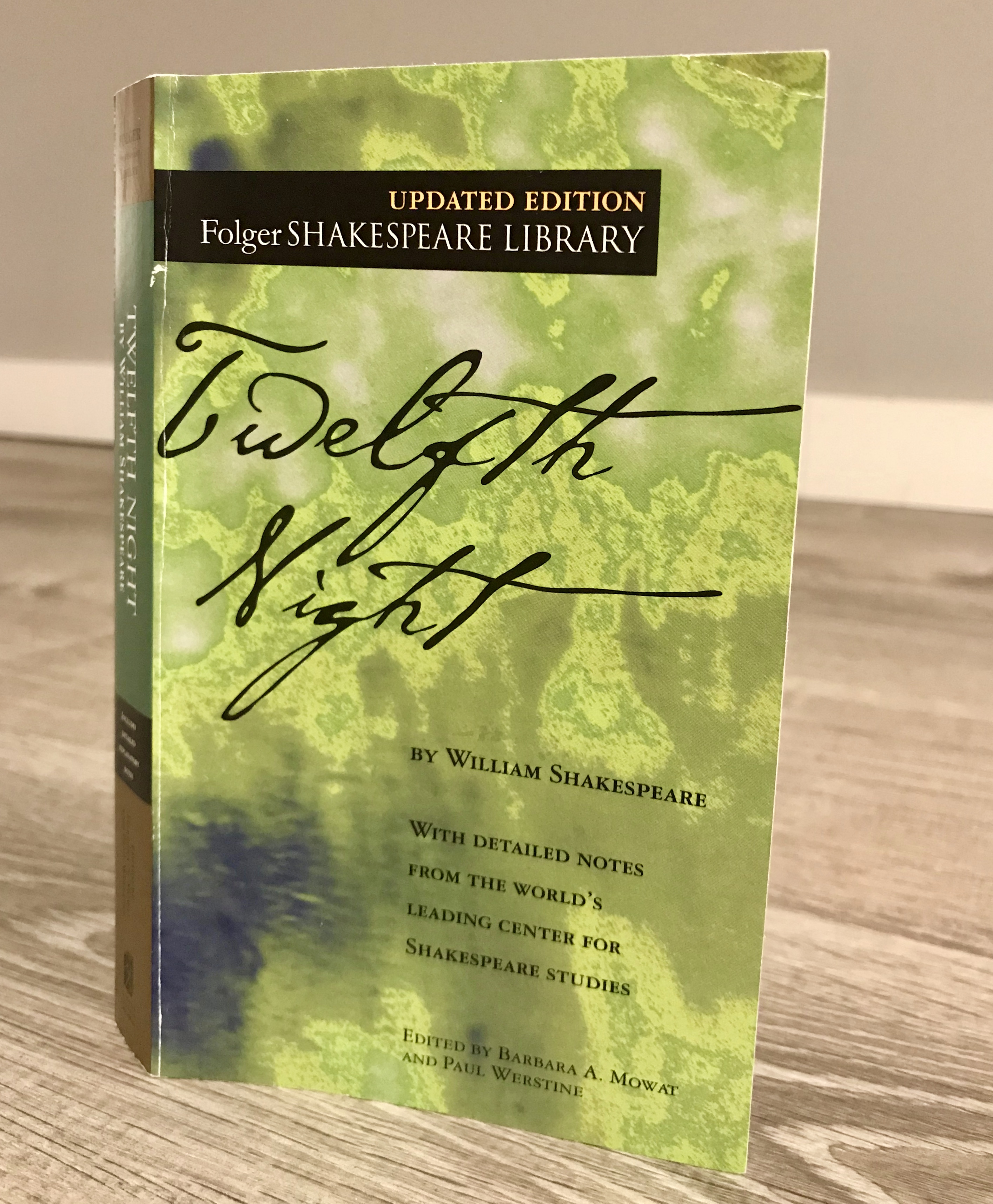
Here’s what I know about Shakespeare’s Twelfth Night: It’s a comedy. Shakespeare is messing around with what happens when love and power crisscross. There’s a woman named Olivia who is independent and also powerful but it sounds like these traits are hers because her dad and brother died. Also, twins are shipwrecked. I’m not sure if the twins are related to Olivia or not, but as I understand it, this is what Shakespeare is pulling comedy from.
In his introduction of the play, Murray Briggs said that this is a “mature comedy,” so I’m thinking maybe it’s not comedy like “Friends,” but maybe like “Downton Abbey,” “The OC,” and “Gossip Girl.” (Yes, these shows follow parallel arcs, it’s just that the folk in Downton Abbey speak fancy and so it feels high class).
I also learned that Twelfth Night is a Christian holiday that celebrates the visit of the Magi, which is also known as Epiphany. And apparently Twelfth Night celebrations are rowdy. For example, there’s a recipe for a “Twelfth Night Cake,” and what you do is hide a bean in the batter, and whoever finds it is declared the “Lord of Misrule” for the night.
I wonder what sort of rules were blown to smithereens that night the Magi saw the baby in a feeding trough turned crib. I wonder what kind of comedic chaos broke what was within them so that they’d forever see the world differently.
I also learned that there is another title to this play: What You Will. According to the Folger Shakespeare Library edition, this title “suggests that this play gives us a world that we would all choose (or ‘will’) to enjoy, if we but could.”
This is what I know thus far: a seemingly independent and powerful woman who’s lost her father and brother, the mashup of power and love, and a world given to us that we could enjoy, if we only chose to do so.
I’m embarking on reading all of Shakespeare’s works in 2021. There’s no way I’ll accomplish the goal, but it sounds fun, and every once in awhile, I’ll write about my thoughts on Billy and his stories here.

Leave a Reply